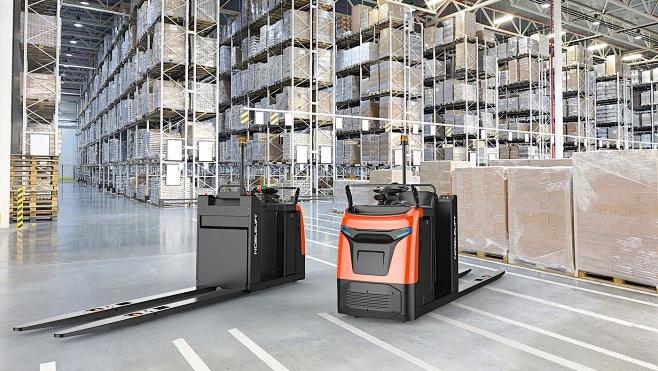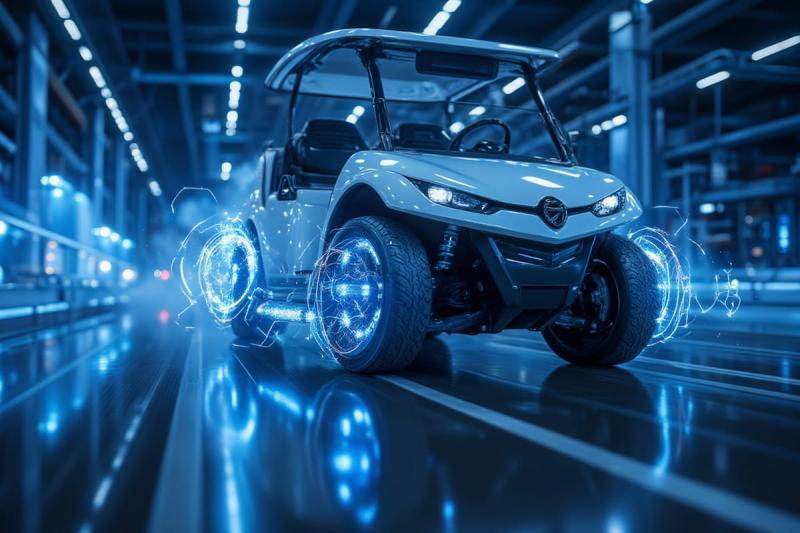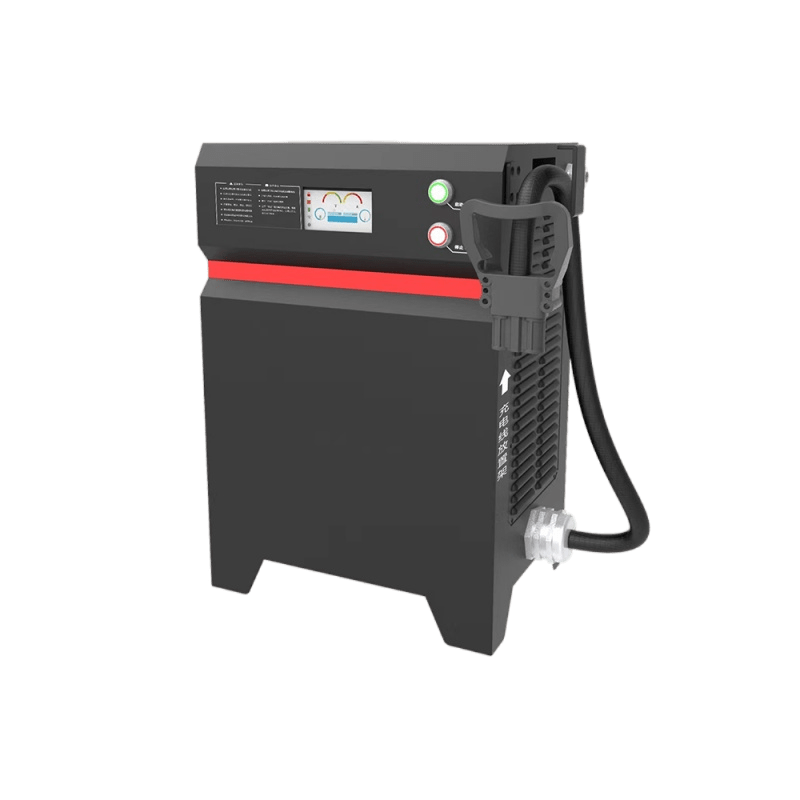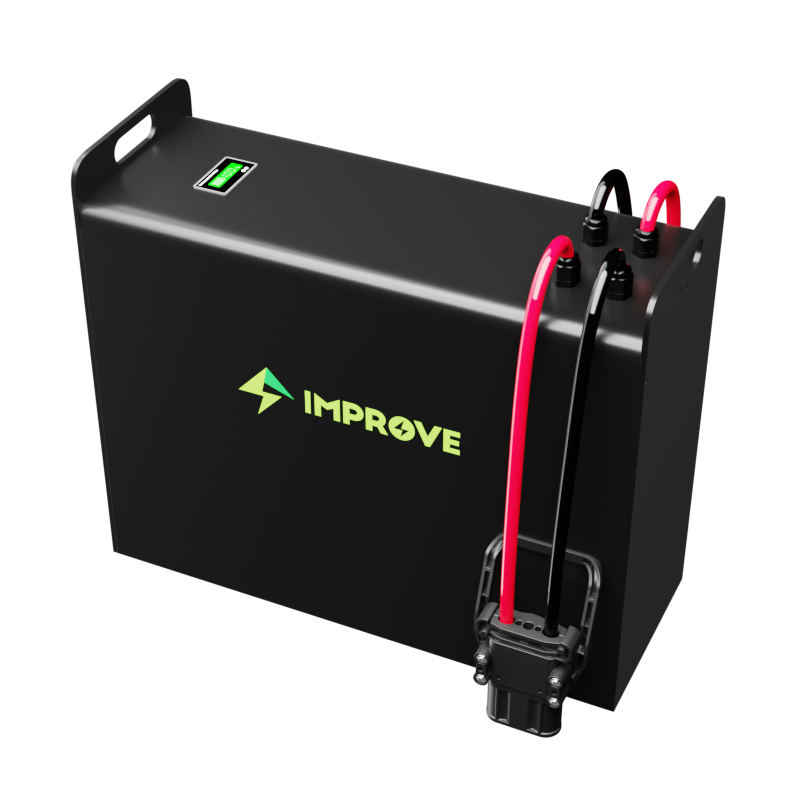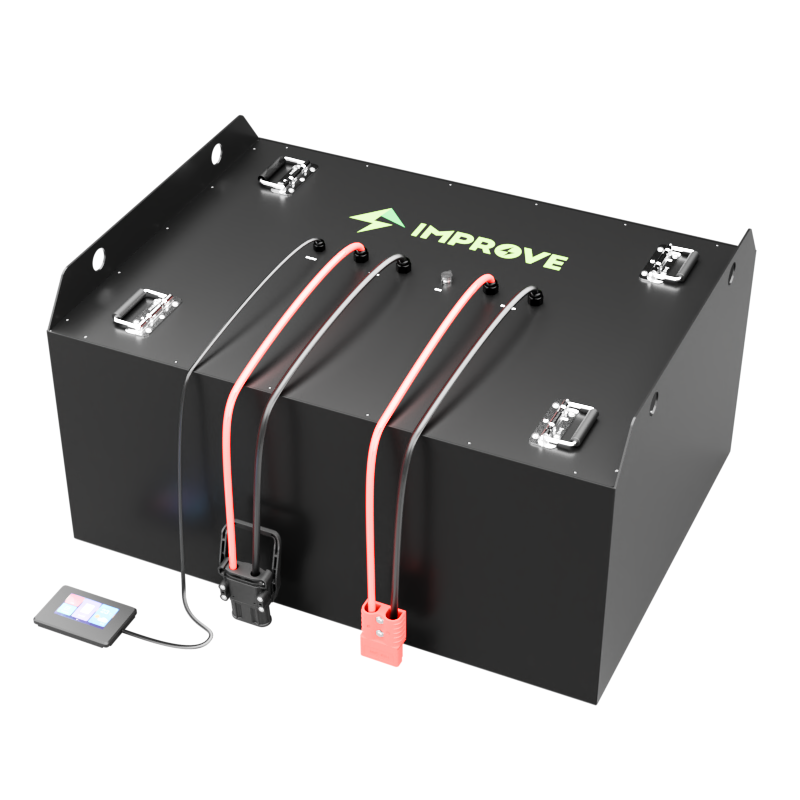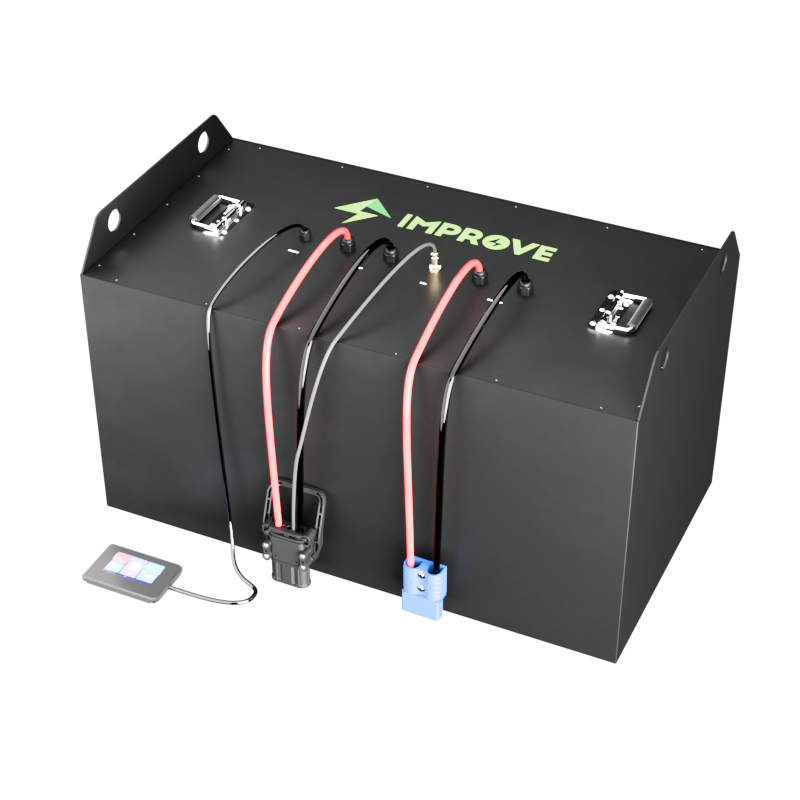In the material handling industry, productivity and efficiency reign supreme. Whether you operate a single forklift or manage a fleet of fifty, your equipment must consistently deliver reliable performance to help you succeed and stay ahead of the competition. Achieving this requires a powerful solution that sets you apart.
One effective way to gain an edge is by adopting advanced energy solutions, particularly lithium-ion batteries (LiBs). With rapid charging capabilities and minimal maintenance requirements, lithium-ion batteries can elevate your operations to the next level.
What Are the Advantages of Lithium-Ion Batteries for Forklifts?
Still undecided? Here are four compelling reasons to consider incorporating lithium-ion batteries into your fleet:
1. Boosted Productivity
In material handling, every second counts. Lithium-ion batteries significantly reduce downtime with their faster charging speeds compared to traditional lead-acid batteries, which also require rest periods before reuse. This means your fleet can maintain higher productivity and throughput.
Additionally, lithium-ion batteries provide a more stable voltage throughout the work shift, enhancing forklift performance and further increasing throughput.
Tips:
- Charge lithium-ion batteries more frequently, even if they’re not fully depleted. Unlike lead-acid batteries, they don’t require a full charge to operate efficiently and can be fast-charged in just 10-20 minutes during an operator’s break.
- Avoid exposing the battery to high temperatures to prevent stress and capacity degradation.
2. Minimized Downtime
Unlike lead-acid batteries, lithium-ion batteries support “opportunity charging,” allowing you to recharge them as needed throughout the shift. This eliminates the hassle of battery swapping, enhancing fleet efficiency and minimizing downtime. On average, lithium-ion batteries last two to four times longer than lead-acid alternatives.
3. Virtually Maintenance-Free
Frequent maintenance of lead-acid batteries can be both time-consuming and expensive. In contrast, lithium-ion batteries are almost entirely maintenance-free. They don’t require regular watering, equalization charging, or cleaning, making them a more convenient and cost-effective option.
4. Reduced Maintenance Costs
Lithium-ion batteries are designed with sealed cells, eliminating the need for washing or adding water to keep them operational. This reduces maintenance labor and associated costs. Depending on your operational needs, lithium-ion batteries may stay in the forklift longer without requiring removal or swapping. This eliminates additional storage and labor expenses often associated with lead-acid batteries.
By switching to lithium-ion batteries, you’re investing in a solution that not only boosts productivity and reduces downtime but also significantly lowers maintenance requirements. These benefits make lithium-ion batteries an ideal choice for enhancing your forklift operations.


